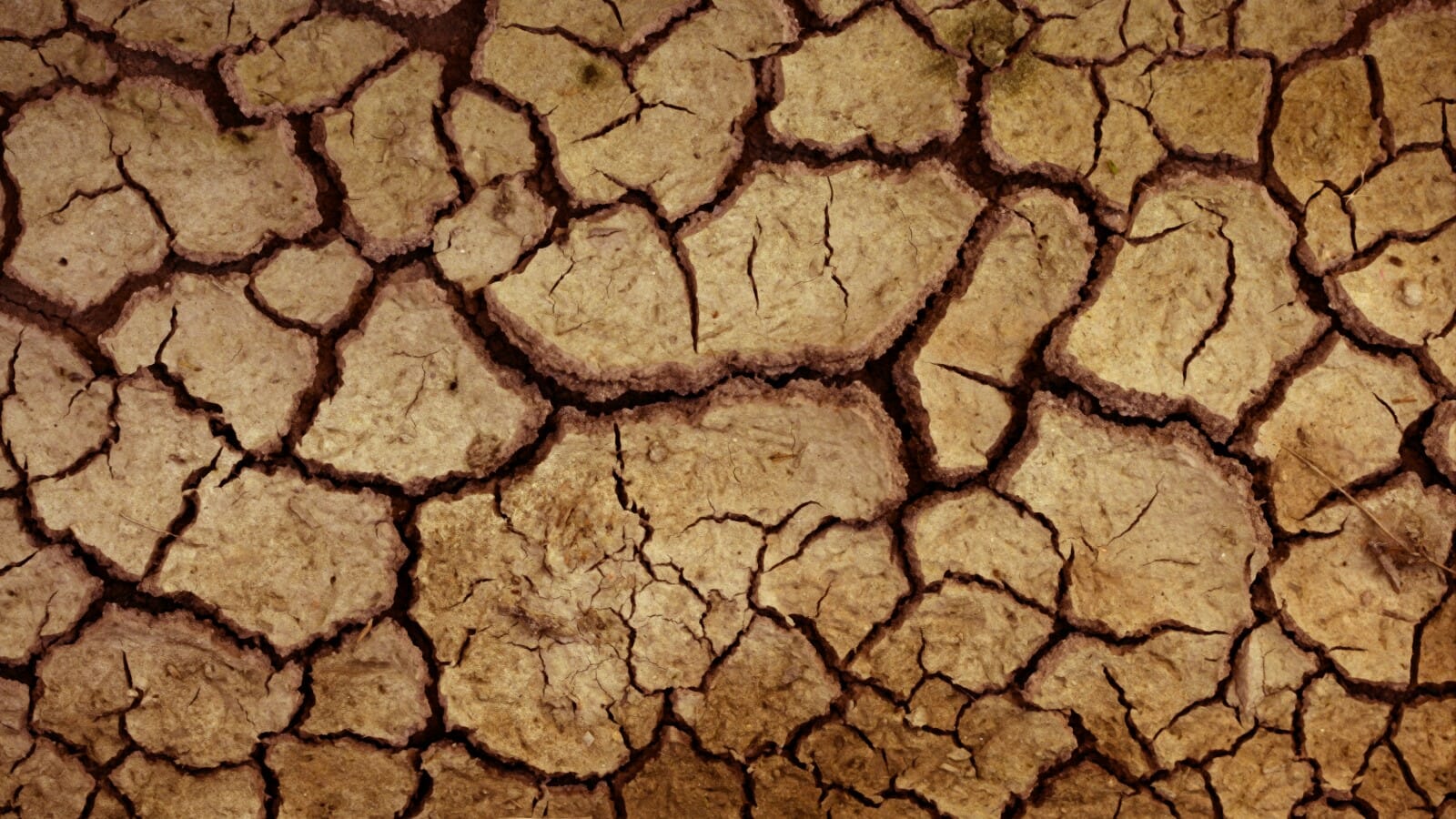The Unseen Power of Expansive Clay in Dallas
Expansive clay, a type of soil that undergoes significant volume change based on its water content, is a common geotechnical challenge in Dallas. This clay soil, rich in smectite and other expansive minerals, can swell when wet and shrink when dry, leading to a phenomenon sometimes referred to as shrink-swell behavior. This behavior can cause significant foundation problems for structures built on this type of soil.
The Geotechnical Engineering Dilemma
Geotechnical engineering is a branch of civil engineering that deals with the behavior of earth materials. In Dallas, one of the major challenges for geotechnical engineers is dealing with expansive clay soil. The shrink-swell behavior of this soil can lead to billions of dollars in damage to buildings and infrastructure, making it a significant geotechnical hazard. This unpredictable soil movement can also cause issues related to pipes, such as cracking and misalignment, further compounding the challenges faced by engineers in the region.
The Impact of Moisture Content Changes
Changes in moisture content can have a dramatic effect on the volume of expansive clay. When the soil absorbs water, it can expand or “swell,” causing the ground to heave upward. Conversely, when the soil loses water due to evaporation or plant uptake, it can contract or “shrink,” leading to subsidence or sinking of the ground. These volume changes can cause significant damage to structures built on the soil, including cracked foundations and basement walls.
Building Successfully and Safely on Expansive Soils
Despite the challenges, it is possible to build successfully and safely on expansive soils. Geotechnical engineers in Dallas use various mitigation strategies to manage the risks associated with expansive clay. These strategies include improving drainage to control moisture content, using special foundation designs to accommodate soil movement, and treating the soil with stabilizing agents to reduce its shrink-swell potential.
One of the direct consequences of expansive soil movement in Dallas is the increased incidence of slab leaks and other common plumbing problems. Slab leaks occur when a water pipe underneath a concrete slab becomes compromised, often due to shifts in the soil, and begins leaking water into the surrounding area. This issue can be costly and difficult to repair and is emblematic of the broader plumbing challenges faced in the region.
Common plumbing problems in Dallas, exacerbated by the presence of expansive clay soil, also include pipe corrosion, blockages, and issues related to inadequate slope or alignment. Geotechnical engineers and plumbers work in tandem to devise solutions that minimize these problems, employing innovative materials and construction techniques that are adapted to the unique soil conditions of the area.
The Cost of Expansive Clay Soils
The problems caused by expansive clay soils are not just a nuisance; they can also be incredibly expensive. It’s estimated that expansive soils cause billions of dollars in damage each year, making them one of the most costly natural hazards in the United States. This cost includes not only the repair and replacement of damaged buildings and infrastructure but also the cost of geotechnical investigations, soil treatments, and preventative measures.
In conclusion, expansive clay in Dallas presents a unique challenge that requires careful consideration and expert handling. By understanding the properties of this soil and implementing effective mitigation strategies, we can build safely and successfully on expansive clay soils and reduce the economic impact of the damage they can cause.





